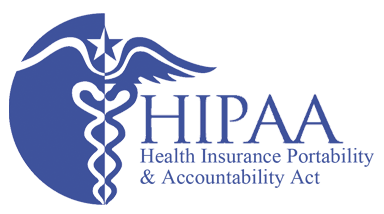

Home / Blog / Health Insurance / What is HIPAA Insurance?

The Health Insurance Portability and Accountability Act (or HIPAA) was implemented in 1996 by the federal government to ensure individual privacy in healthcare. This is incredibly important because it upholds your right to fair and compassionate care.
The purpose of the HIPAA is to ensure the protection of individual’s healthcare information and offer citizens a better overall experience in their access to healthcare. Entities that do not comply with the HIPAA are subject to monetary civil or criminal prosecution. Ignorance of the HIPAA is not a valid defense in the court of law.
Free Health Insurance Comparison - Save up to 30%
No junk mail. No spam calls. Free quotes.
No Signup required
Title II of the HIPAA contains standards and rules to ensure that individual healthcare information is not shared without consent or knowledge of the individual. This Title contains five sections that ensure these standards are met.
Let’s take a look at them here.
Covered entities include healthcare providers, health plans such as (but not limited to) and HMO or Medicaid, healthcare clearinghouses that process information between other entities, and business associates.
The only health insurance plan that does not qualify as a covered entity is one with less than 50 participants, managed solely by an employer who maintains they are not a covered entity.
A covered entity can only disclose individual healthcare information if:
We know that the ins and outs of HIPAA can be a little dry, but the real life implications of HIPAA affect flesh and blood people, like you. The most important thing to take away from the HIPAA is that the act is there to protect your privacy and ensure the utmost quality of your healthcare.
Have a question about HIPAA requirements? Contact our experts here! – (877) 292-8295
Paige Cerulli Paige Cerulli is a freelance content writer and journalist who specializes in personal finance topics. She graduated from Westfield State University and brings more than a decade of professional writing experience to the ConsumerCoverage team. Paige’s work has appeared in outlets including USA Today, Business Insider, and more.